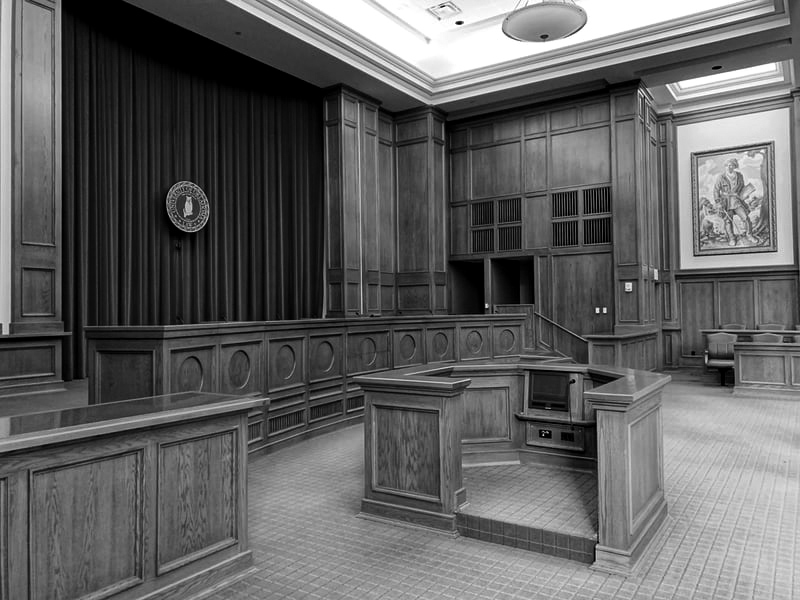Dismissal of Chapter 11 Case Calls Into Question Bankruptcy Protections for Cannabis Companies
Despite a company’s claim that it deals only in legal hemp products, in January, a federal court denied the company’s access to relief under the Bankruptcy Code. U.S. Bankruptcy Court Judge Joseph Rosania, Jr., of the District of Colorado, dismissed United Cannabis Corporation’s (UCANN) Chapter 11 bankruptcy filing, a move that could cause concerns for cannabis companies that may be seeking bankruptcy relief, particularly in the midst of a global pandemic.









